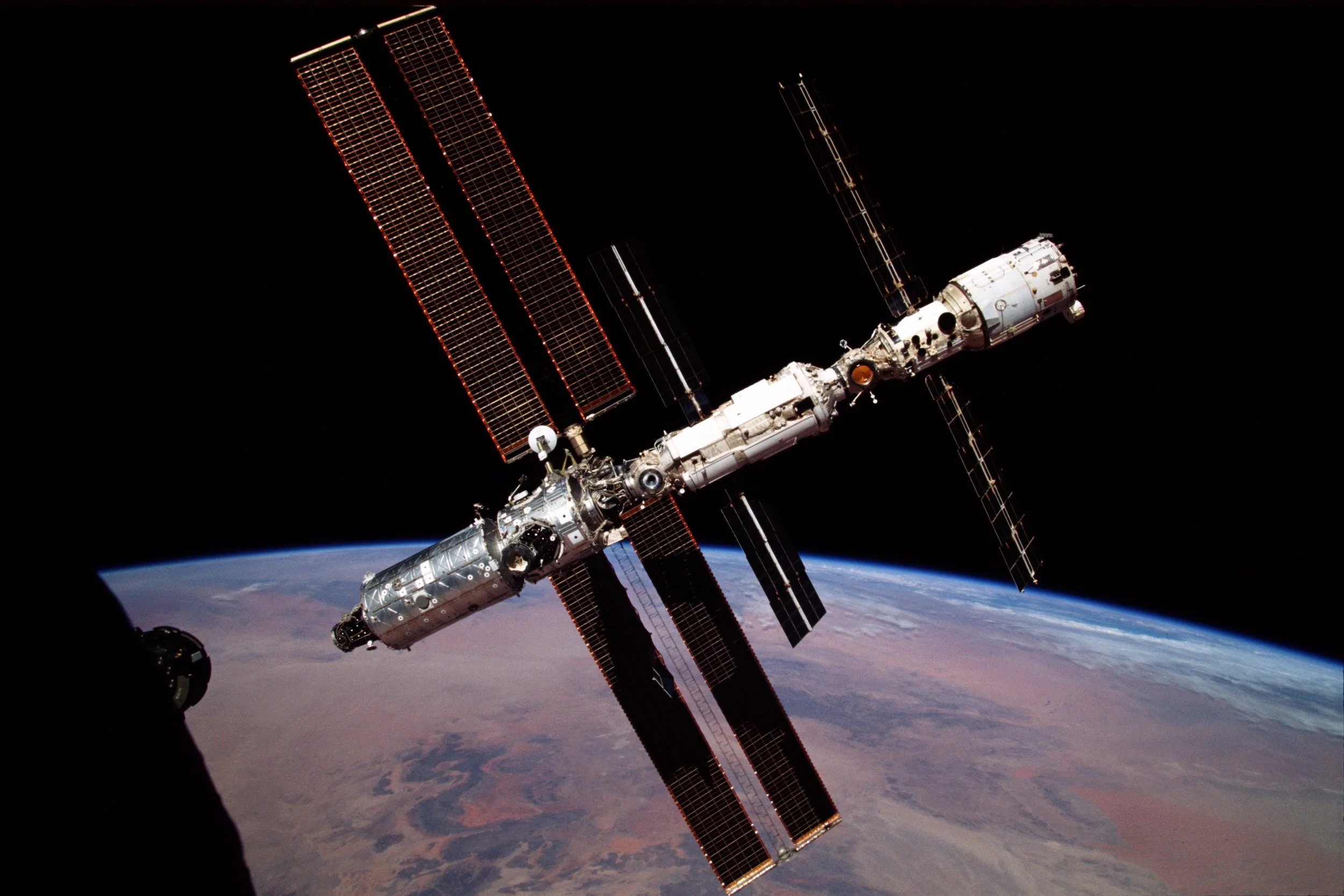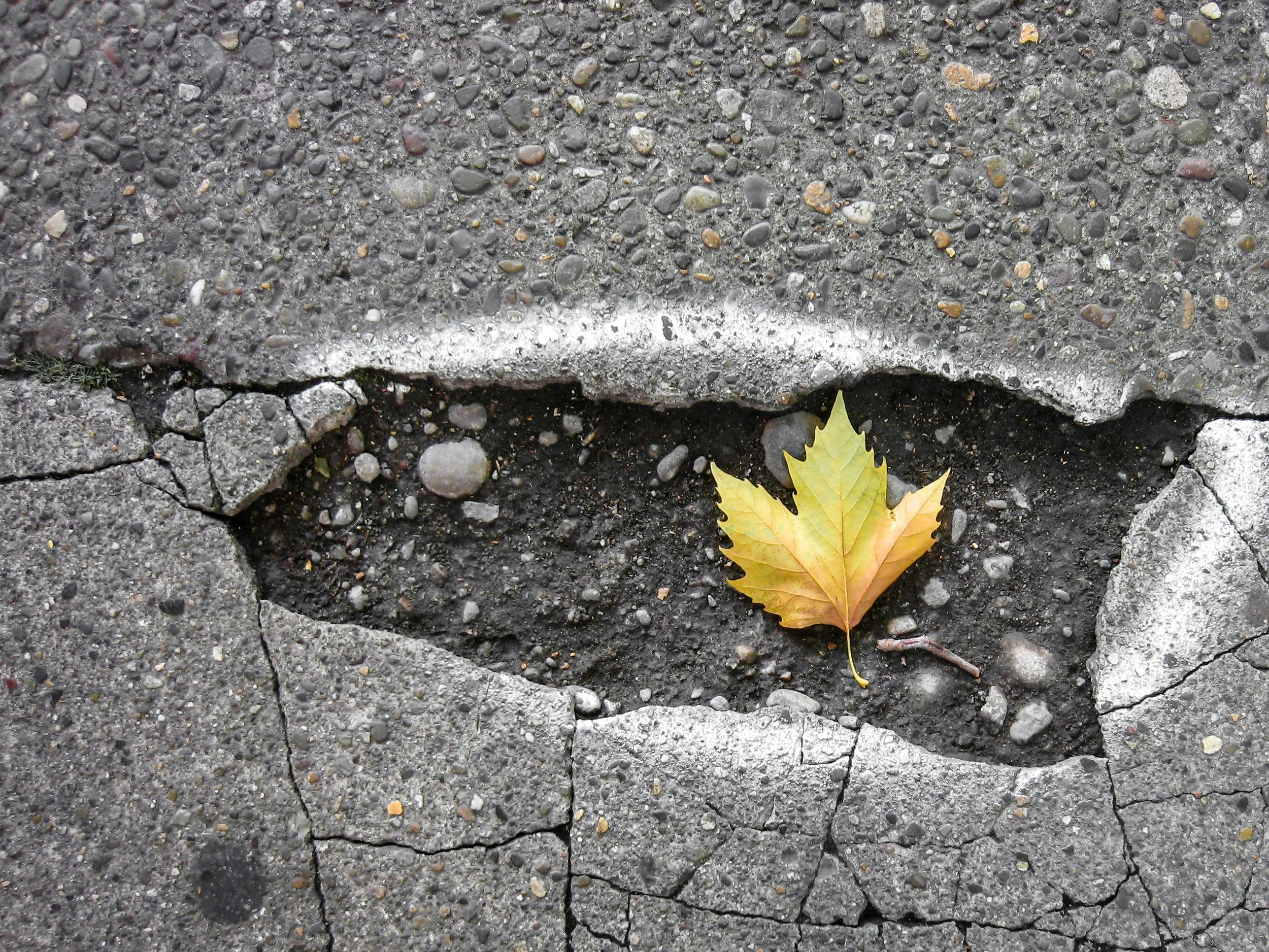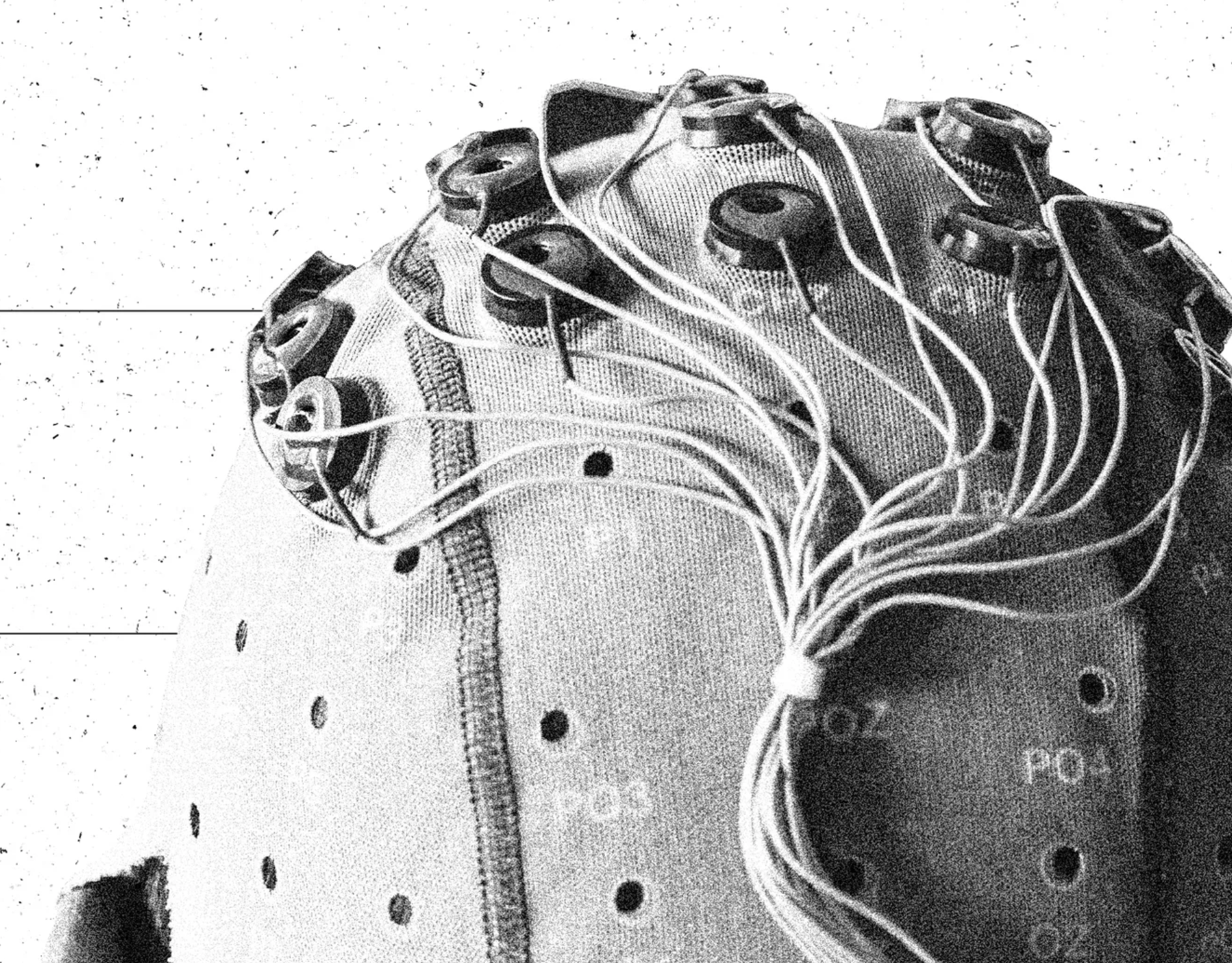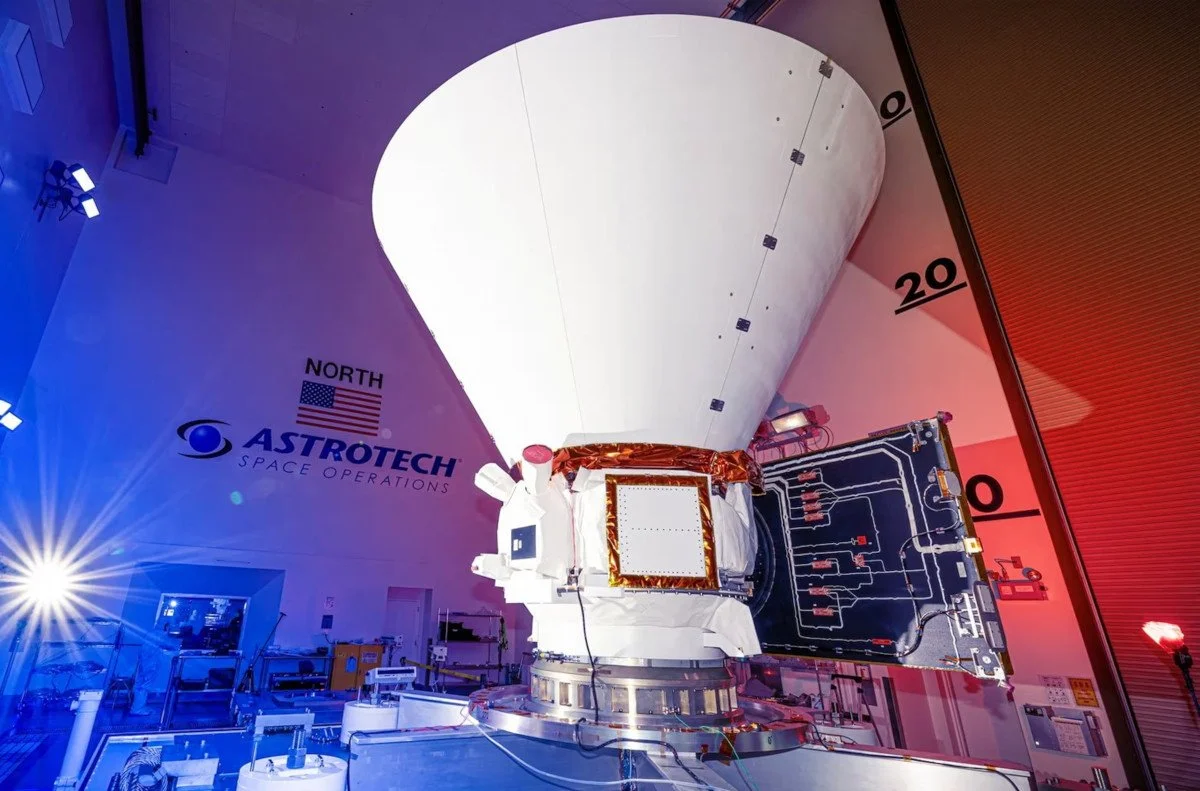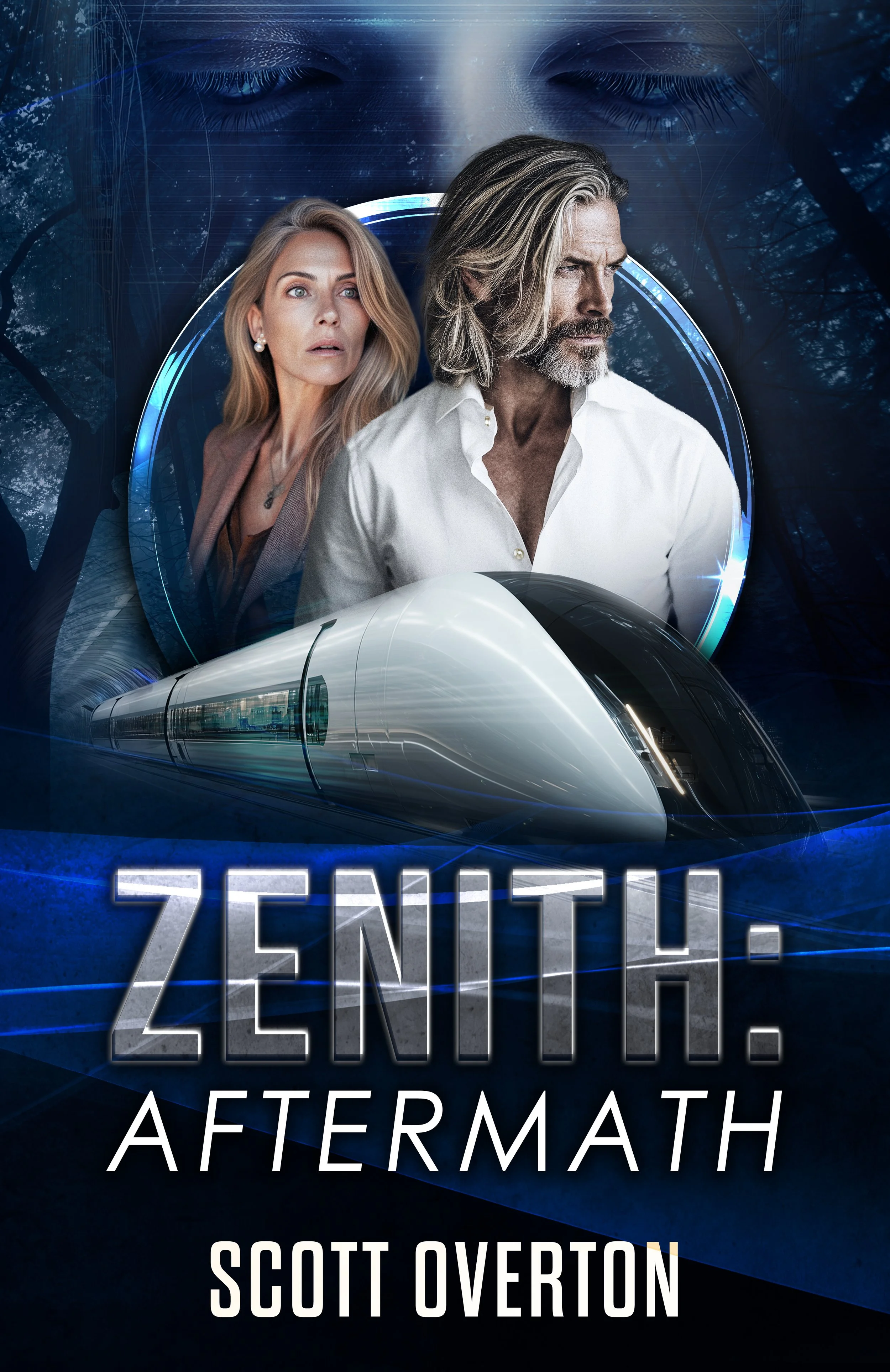INDIGENT EARTH
Watch the Book Trailer
EDITORIAL REVIEWS:
"For the first time in 500 years, off-worlders return to the home planet in search of surviving remnants of pre-collapse humanity.
"... one revelation follows another, albeit as a result of much stress and daring-do, and everything is explained by a most satisfying end which ties up all the numerous threads neatly. Technology is shown to be merely an incidental backdrop to the grand theatre of human social interaction which, as always, can be both beautiful and brutal.
"(Indigent Earth) is both fun to read and thought-provoking. It is genuine, highly entertaining, adventure science fiction."
— Amazing Stories Clubhouse Review
"Scott Overton's Indigent Earth is a timely story warning of the dangers of capitalism and climate change, all wrapped in an action-packed grand conspiracy romp.
Indigent Earth expresses dissatisfaction with colonial and capitalist narratives in a similar way to James Cameron's Avatar--a simple message of anti- colonialism/capitalism acts as the vehicle for dramatic action and adventure. "
— Aurealis Magazine
I would like to acknowledge funding support from the Ontario Arts Council and the Government of Ontario.
ENJOY THIS PREVIEW OF INDIGENT EARTH
Part One
Chapter One
Killian Morningcloud turned twenty-seven on the day the colonists returned to Earth. They’d been gone for five hundred years.
He’d dreamed all his life of that day. In his mind it was a scene of glowing golden clouds and floating crystalline cities descending from the sky accompanied by unearthly music like wind chimes tolled by moonbeams, and peopled with beings so full of knowledge and wisdom that it shone through their skin.
When the event finally came to pass, the spacecraft that landed was noisy and disappointingly small. Its passage through the air left a taste on the tongue like lightning and burnt fur.
There was no music, no majesty.
And Killian wasn’t even there to see it.
# # #
As an armload of newly split birch clattered into the rough-planed wood-box beside the stove, Killian’s uncle looked up from his chair.
“I thought you’d be climbing to the top of the ridge to look for more spaceships on the way.”
Lewis Partridge had a reputation for dry humor and a perfect poker face. Killian froze and looked hard at the man.
“Very funny,” he said.
“Not joking. There’s no mistaking sunlight off metal, and on a day like this, the flash was visible for kilometers up in the sky. Nothing left on Earth can get that high. Has to be the colonies.”
Adrenaline flooded Killian’s bloodstream like a torrent.
“When? When did you see it?”
“’Bout a half-hour ago.”
“Why didn’t you tell me?” The crack in his voice embarrassed him.
His uncle shrugged powerful shoulders and rubbed his stubbled cheek. “Like I said, I figured you’da seen it. Couldn’t miss the noise—like wind through the pines but higher pitched, and ain’t no wind today.”
“I was chopping wood, thinning that stand of birch and poplar just north of the creek.” Killian slammed the last piece of wood into the box and lurched toward the door. His face felt on fire.
The sky was cloudless and the branches still, a perfect morning for mid-February, its silence broken only by the faintest rustle from the distant creek and an occasional tentative chirrup from the most venturesome sparrows. Winter had begun its surrender but wasn’t in a hurry to relinquish the scene of its defeat. Dusky needles of towering pines dripped the remains of the night’s frost onto scattered patches of dirty white snow beneath them. An aroma of freshly exposed mud and animal droppings made Killian’s nostrils flare: the signature of reluctant spring.
He’d have to get clear of the forest cover to really scan the cloudless blue canopy overhead. The ridge would be best, but the vast shoreline of Wanatay Lake was nearer, only a hundred meters away. He jogged down the dirt path, stopped on Resting Rock, and stared westward. The sun rode an azure sky without challenge, and no unusual sights or sounds called for attention.
The community of Borealis was thirty kilometers behind the treeline to the southwest—only something huge could be seen from that distance, and only then if it had chosen to remain airborne. There was nothing visible now, but Killian didn’t doubt his uncle’s word. His Uncle Lewis would joke but he wouldn’t lie; and he knew how much the truth would mean to his nephew on this subject, above all.
Swallowing his disappointment, Killian hurried back to his uncle's rugged cabin beneath its sheltering maples that would soon be tapped for syrup. Lewis straightened from feeding the wood stove and turned a questioning face to his nephew.
“How can you be so calm?” Killian asked, his own heart racing.
“They said they would return in five hundred years. We knew that time was almost up.”
“But we couldn’t know it would actually happen. In all that time there’s been no contact with them at all.”
Uncle Lewis tipped his head but said nothing. What did that mean? Did he know something Killian didn’t? Surely it could make no difference now.
“I have to go to Borealis. If it was a colony ship, it must have gone there.” Killian began to dig through his small pile of belongings by the guest bunk in the corner. He would take the nested set of cookware he’d fashioned from scrap metal, his magnetized needle, his magnifying glass to make fire, as well as a good flint for sunless days. Those were indispensable tools he always carried in the bush. And with them he included his most precious possession, a wide-bladed hunting knife given to him by Lewis himself.
“That’s crazy," Lewis said. "You won’t get there before nightfall. There’s not enough snow left on the trails for the sled and too much for the wagon. Thirty kilometers of winding track and who knows which will be deeper, the snow or the mud?”
“If it is the colonists, you know I need to be there.”
“I don’t know that. I’ve never understood that. I know that damned school has you brainwashed…”
“The return of the colonists was the reason I went to that school. They didn’t brainwash me. They taught me what I needed to know about the time before The Divide so I could be ready.”
“They taught you hearsay. Stories passed down for five hundred years. That kind of school was banned by the colonists when they left—you think those dreamers could have preserved any technical information worth a hooker’s kiss?” The big man sauntered up behind his nephew and his arms reached out but didn’t touch. Killian was his own man, not to be treated like a child.
“How many times have we talked about this?” Killian asked. “This is something I have to do. Where’s Aunt Regina?”
“She went out early to see if any fiddleheads were poking up yet. She’ll be heartbroken to find you gone.”
Killian hung his head and then finished stuffing clothing into his pack. Maybe he should leave the clothes that needed washing—to show his aunt that he would be back.
“The colonists won’t take me right away,” he said, though he was hoping they would do exactly that.
“You’re expecting gods,” his uncle growled. “Let me tell you, any people who would abandon their own kind to the trash heap they left of this planet are no gods.”
Old arguments rose to Killian’s lips, but to give voice to them yet again would only waste time.
In cold silence, uncle and nephew fussed over small details, getting some cooked grouse from the icebox and shriveled carrots from the pantry. There’d be ample water along the route, but Killian didn’t want to have to spend time scavenging for what little food the winter-ravaged forest could provide. He accepted his aunt and uncle’s largest ground-cloth and tied it to his pack after insisting he didn’t want a tent.
When the packing was done, the two men faced each other uncertainly, both trying hard to show nothing in their expressions. Lewis and Regina were like a second set of parents to Killian, in some ways closer than his own. At times they tried a little too hard to persuade him to follow their path and live an outsider’s life, away from town. But at least they wanted the best for him, as they saw it.
Lewis cleared his throat. “I know you’re a grown man. But you’re also being a fool. Stop this, before it’s too late.”
Anger rose like smoke in Killian’s throat, but he bit back its words. He only gave a sharp shrug and turned away.
There was no easy route all the way to Borealis. The first trail he would take meandered like a thirsty vine along the perversely indecisive Wanatay River as it snaked southward toward its eventual end in faraway Jorjin Bay. The prevailing direction of the Borealis path was south too, until it came to a homestead abandoned for nearly a century where someone had determinedly widened the river channel and filled it with rocks to make a shallow crossing. It could be forded most of the year, but that was far from certain when February’s snow melt filled waterways to bursting.
If Killian could get across the ford, a second trail rambled almost due west into an area of tumbled granite scored by glaciers and pierced by the hidden shafts of ancient mines. That would be the roughest section of his journey; but when he had completed it, he would be within five hours’ walk of the outskirts of Borealis, and the final stretch was well-travelled. Some people on its fringes actually prodded the stingy land into providing subsistence crops, and traders went back and forth from the town core most days of the week.
In the meantime, he faced a lot of hard walking. On the east-west portions of trail the snow was shaded by ranks of evergreens and had stayed firm, though rough and icy. Along the south-facing sections, the white snow crystals had lost their grip on each other and become like grains of dune sand, constantly shifting underfoot and demanding extra effort with each push. The tendons above his heel and along his foot would soon protest.
Where the snow had melted completely, the going was even worse. Twice in the first three hours, he was forced to pull his leg out of his boot before he could free the boot itself from sucking muck. It was second nature for him to tell hard snow from melting snow from sculpted drifts with just a look. But with only a skin of snow covering the ground, even an experienced bush traveler like Killian found it nearly impossible to tell the difference between solid footing and shin-deep sludge—until he’d stepped into it.
Markings etched into the drier flats of mud revealed stories to Killian's discerning eye: the meandering track of a mouse that suddenly became a double line of puncture holes where the creature had frantically hopped to flee from a fox. Even in pursuit, the fox’s dainty pads had left much lighter imprints than the double-pointed impressions punched by deer hooves farther along—a lone young doe or buck, judging by the small mound of fingernail-sized droppings.
Chickadees flitted from tree to tree across the open spaces—winter never chased them away—but he also heard the call of a robin and a sharp caw from a woodpecker before it drummed a tattoo on a hollow birch. Once, he saw a black bear far down the path, but it quickly shambled into the bush. Just awakened from hibernation, it would be hungry, but not hungry enough to attack a human.
More likely to taste his blood in the coming weeks were the hordes of black flies that came with the arrival of spring; but it was still too early for that, and he was deeply grateful.
His slow travel gave Killian plenty of time to think. It was no surprise that Uncle Lewis still opposed Killian's life’s ambition, but the hurt of that opposition remained like a physical wound. To his uncle, and even more to Killian’s fiercely opinionated grandfather, the colonists were traitors to their race who’d abandoned the Earth that they’d ruined, and left behind poorer souls to endure the consequences. To Killian, though, they were visionaries who’d chosen to chart a new course for humankind, to escape the bounds of their birth home and reach for the beckoning stars while giving the abused Earth time to heal itself.
Hundreds of thousands of them had climbed the sky on pillars of fire and ventured across merciless space to make homes for themselves near the Moon, on the satellites of Jupiter and Saturn, and on the sparkling red bead known as Mars. He could picture the great migration in his mind, though no record of the exodus had ever been shared with those left behind, and it was many, many generations in the past.
It could never have been possible to take everyone on Earth into space, but that wasn’t the colonists’ fault.
Before they left, they had created the Allocations: ready-made communities with housing and other amenities provided. They had built the Depots, and most of those still functioned perfectly after all the years, providing food and clothing free of charge. Surely that wasn’t the behavior of traitors.
And they had promised to return in five hundred years. Some said that was because Earth would have recovered its balance by then. Others insisted that five centuries of progress would enable the voyagers to take the rest of humanity with them to the stars—with no more eager recruit than Killian.
Burning with that hope, he had gone to the secret school for six years to learn everything that was known of colonist ways. He had stayed ready for the day of their return, certain that they would see he was fit to be one of them.
How could he expect someone like Grandfather or Uncle Lewis to understand— men who thought that forging a life from the resources of field and hillside, forest and lake, was all that humankind should desire?
# # #
A blizzard struck before Killian could reach the abandoned homestead.
He’d been too deep in thought to notice the wind pick up or the first flakes that fell, but within minutes he could barely see the tops of the trees on either side of the path; and soon, any objects ten meters ahead were no more than half-imagined shadows. With the snow, the wind charged up the trail with a bite like a wolf.
Hunched over, hood pulled across as much of his face as it would cover, he blinked compulsively to protect his eyes from stabbing snow crystals. Shielding his face with his arm blocked his vision. There was little chance of him losing the path because the forest grew densely on either side, but it wasn’t impossible that he might get turned around and unwittingly head northward again. The weather was too fierce to let him use his compass needle. A sliver of steel wire magnetized by the only known magnet in Borealis, from one of the great Depot loudspeakers that made announcements to the populace, the needle had to be patiently dangled from a thread or laid gently on the surface of still water. In this writhing mass of white it would be useless.
He needed shelter. A thick clump of spruce would offer reasonable protection with the ground cloth wrapped around him, but if a deep freeze followed the snow, the chill would reach into his very bones.
He stumbled onward, falling into newly formed drifts, slipping on snow-covered mud, keeping only one eye open at a time to give the other a chance to thaw. He wouldn’t be able to keep that up for long.
The homestead couldn’t be this far. Had he accidentally passed it during the white-out?
He staggered to a stop, desperately trying to decide whether to turn around or just push his way into the trees. Then a dark shape solidified for a few seconds through the squall. Was that a hint of rust? He remembered that at the homestead there was a sheet-metal wall that had blown over onto a crumbling woodpile to form a kind of lean-to.
Choosing to take the gamble, he turned aside, stumbled on a hidden rock, regained his feet, and lurched toward the shadow. Within another minute he had crawled through a recent drift into a narrow space beneath the rusting overhang and struggled with frozen fingers to untie the ground sheet from his pack. Spreading it out on the snow as best he could, he lay down and pulled the edges over him. The reprieve from the icy wind was wonderful. He breathed into his cupped hands, and it sounded like a sob.
As darkness came, his last thought before drifting into restless sleep was about the space colonists and the vast blackness they’d defied to forge new worlds from steel and dreams. Natural forces like a blizzard would mean nothing to such people. They’d be oblivious to this storm in the comfort of their mighty ships.
He dreamed he stood high in a dawn sky atop a mountain of glass.
# # #
The storm blew itself out by morning, energy expended in one last vigorous tantrum. The sky had already begun to clear when Killian dug his way out of the shelter and stood straight for the first time in fourteen hours. He rocked his head to ease the fierce ache in his neck and shoulders and warmed his hands in his armpits as he looked around in dismay.
Fresh snow blanketed the landscape, but not everywhere—some patches of ground were still nearly bare, while sculpted drifts swept like frozen waves over the trail. His heart sank at the thought of the snowshoes he’d chosen to leave behind. In this transformed world, they would have offered a huge advantage.
He could make some, but finding what he needed under the new snowfall and trying to work with brittle saplings and grasses would take hours. No, he’d take a chance that the rest of the route would be more passable.
First, he had to cross the river.
In the short walk from the homestead to the water’s edge, his legs became sheathed with white up to mid-thigh. His body heat made the snow stick stubbornly to the cloth of his pants. He’d been a fool to set off without leather leggings.
Although the river wasn’t in full flood, its current had cut a pair of channels between two outcrops of rock near the middle of the shallows. To cross them, he’d have to wade up to his waist through water that was barely above freezing.
A colonist could have floated across on invisible wings.
Ruefully, he took stock of his own equipment in the small travel pack he’d made last year from a cast-off jacket. He was usually proud of its array of bush tools, almost all produced by his own hands. Bush life required implements the Depot did not provide, at least not directly. His coil of rope, twenty paces long, had been braided from strips of faded Depot cloth destined for the recyclers. The knife given to him by Uncle Lewis had been painstakingly ground from a damaged wood chisel, his axe from a second chisel—a heavy stone-cutter’s chisel—married to a mallet handle by nails and wire. Fishing tackle and snares he’d made from bent fence-wire and unraveled blanket-thread. The makers of the Depot wouldn’t have approved, though, since killing wild creatures was strictly forbidden.
Other contents of his pack had come from the forest around him: a softened strip of birch bark with twin eye-slits, used to prevent snow blindness; a carefully carved bow drill and palm stone for starting fires on a cloudy day; his hunting bow and arrows, blowpipe, and throwing stick.
None of that would help him cross the dark, fast-flowing water.
He paced the river’s edge, chewing his lip. The far bank seemed so close, but that was a dangerous illusion. If he tried to wade across, the swift current could sweep his feet from under him and carry him away. And getting his clothing soaking wet in this cold could be fatal.
The solution presented itself as a part of a storm-broken cedar tree lying on the bank just a little upstream, with its bristly top broken off, leaving a long stretch of trunk with few branches. It was almost too heavy, but he managed to drag it to the shore. While he caught his breath, he stripped off his boots, socks, and pants, and fastened them to his pack. The skin of his legs dimpled with cold, and it took all his will to step out into the river.
The first touch forced a hiss through his clenched teeth, but the fiery pain almost instantly gave way to total numbness. At least he wouldn’t feel the rocks dig into the soles of his feet. Tugging the log toward the first rock outcrop, he wedged one end between two of the larger boulders. With every muscle straining, he walked his hands up the log to push it into a vertical position and heaved it toward the far islet of gravel.
It worked!
With the current jamming both ends against rock, water immediately flowed over the log, but its rough bark provided enough grip for his bare feet. He hurried across before he had a chance to change his mind.
The second set of rocks was slightly downstream. He just managed to shove the log across the gap, paused only long enough to check its stability, and scurried over it like a squirrel fleeing the shadow of a hawk. The back end of the log broke free with a lurch that almost threw him from his makeshift bridge, but he was able to turn the stumble into a leap and landed upright in the shallows. Gasping for breath, he rushed to shore, swept snow from a nearby stump, and sat clasping his feet with his hands to restore circulation before getting back into his boots. That wasn’t going to be enough. The light breeze set his whole body shuddering.
The thought of more delay galled him, but he had no choice—he needed warmth. He scrounged beneath the nearest trees for scraps of still-dry wood and made a fire with birchbark and dead, resin-loaded spruce twigs, using his fire bow; then he sat as close to the flames as he dared, watching the wisps of steam from his jacket. Fortunately, the inner layer of his clothing wasn’t too wet. As soon as he felt able, he mixed snow into the coals of his fire and prepared to resume his journey.
He was tired, and he was far short of the distance he’d hoped to travel by then, but he had succeeded in crossing the river and had built a fire in a snowy and sodden forest.
Then he remembered the people he was travelling to meet and their near-magical technology. His pride evaporated like the clouds of his breath.
Wiping his dripping nose with a sleeve, he shrugged into his pack, and set off.




